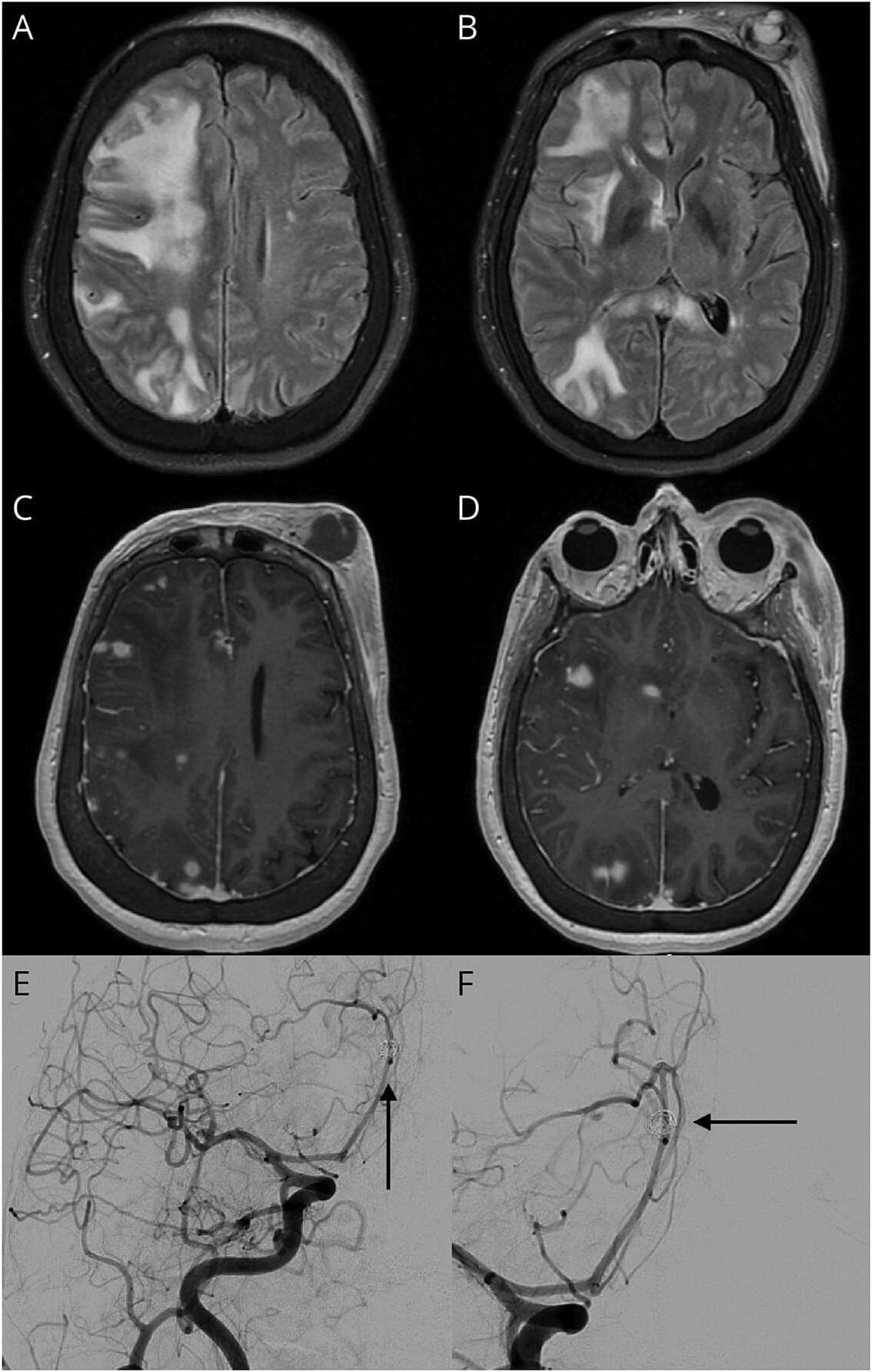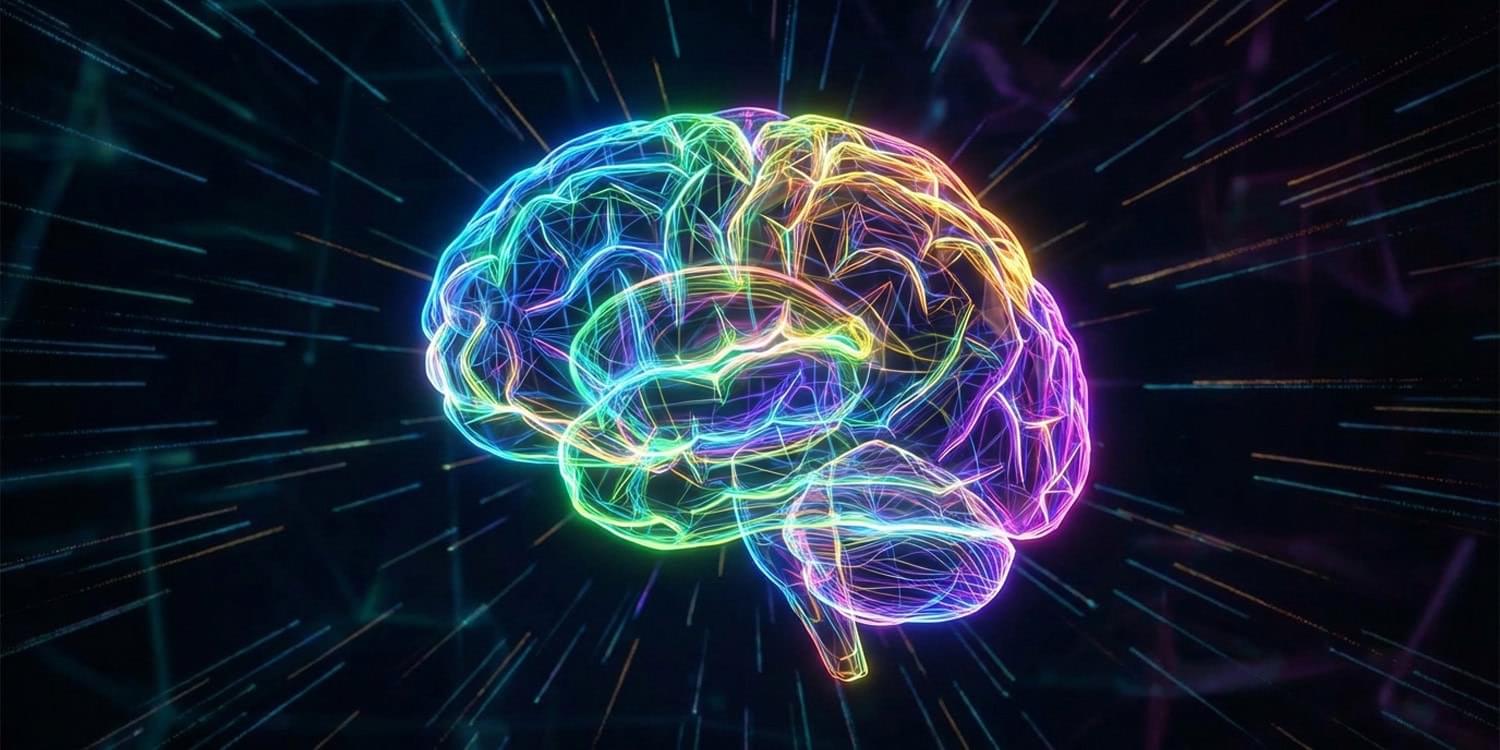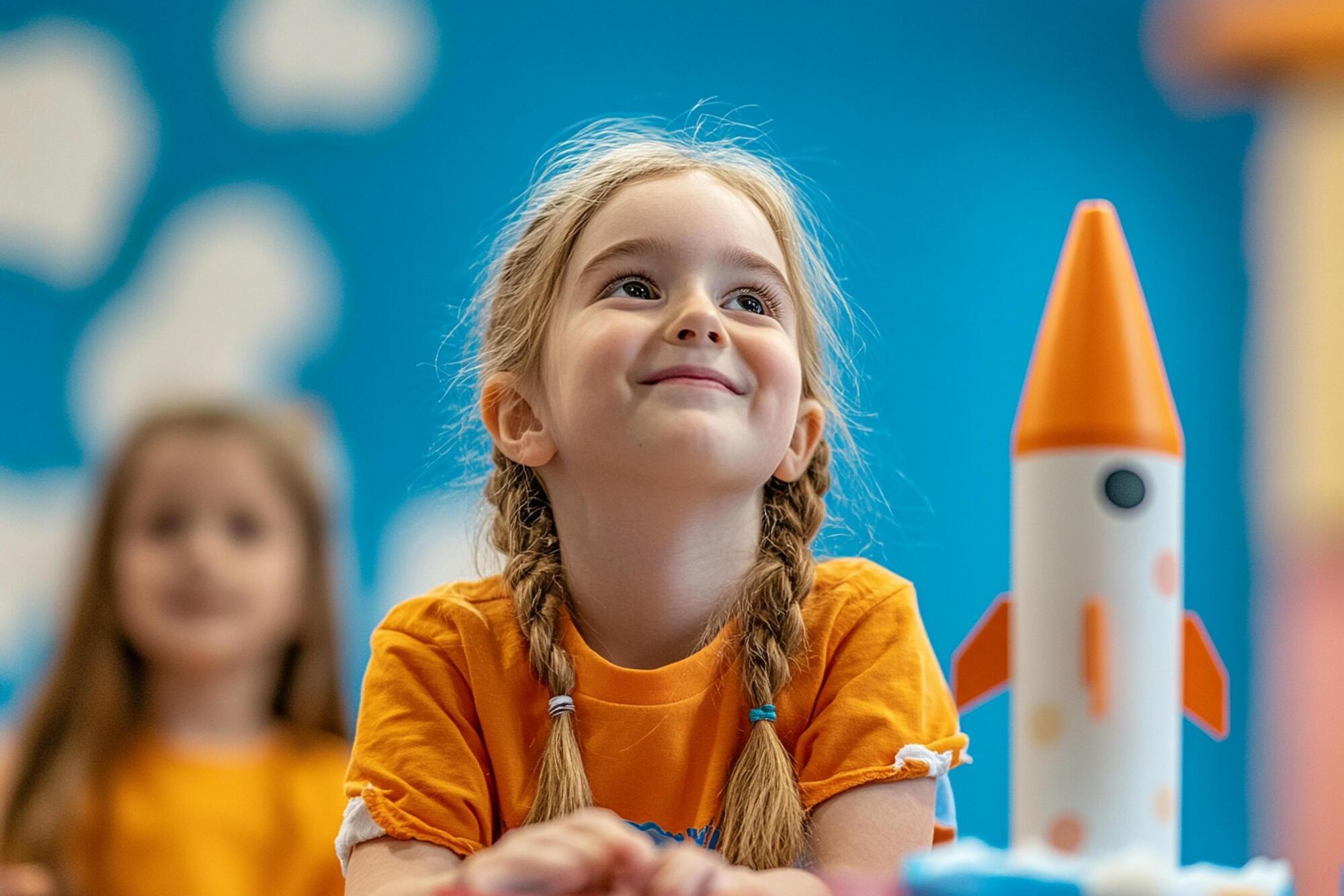Lex Fridman Podcast full episode: https://www.youtube.com/watch?v=_bBRVNkAfkQ
Thank you for listening ❤ Check out our sponsors: https://lexfridman.com/sponsors/cv9505-sb.
See below for guest bio, links, and to give feedback, submit questions, contact Lex, etc.
*GUEST BIO:*
Irving Finkel is a scholar of ancient languages and a longtime curator at the British Museum, renowned for his expertise in Mesopotamian history and cuneiform writing. He specializes in reading and interpreting cuneiform inscriptions, including tablets from Sumerian, Akkadian, Babylonian, and Assyrian contexts. He became widely known for studying a tablet with a Mesopotamian flood story that predates the biblical Noah narrative, which he presented in his book “The Ark Before Noah” and in a documentary that involved building a circular ark based on the tablet’s technical instructions.
*CONTACT LEX:*
*Feedback* — give feedback to Lex: https://lexfridman.com/survey.
*AMA* — submit questions, videos or call-in: https://lexfridman.com/ama.
*Hiring* — join our team: https://lexfridman.com/hiring.
*Other* — other ways to get in touch: https://lexfridman.com/contact.
*EPISODE LINKS:*
Irving’s Instagram: https://www.instagram.com/drirvingfinkel/
The Ark Before Noah (book): https://amzn.to/4j2U0DW
Irving Lectures Playlist: https://www.youtube.com/playlist?list=PLYXwZvOwHjVcFUi9iEqirkXRaCUJdXGha.
British Museum Video Playlist: https://www.youtube.com/playlist?list=PL0LQM0SAx603A6p5EJ9DVcESqQReT7QyK
British Museum Website: https://www.britishmuseum.org/
The Great Diary Project: https://thegreatdiaryproject.co.uk/
*SPONSORS:*
To support this podcast, check out our sponsors & get discounts:
*Shopify:* Sell stuff online.
Go to https://lexfridman.com/s/shopify-cv9505-sb.
*Miro:* Online collaborative whiteboard platform.
Go to https://lexfridman.com/s/miro-cv9505-sb.
*Chevron:* Reliable energy for data centers.
Go to https://lexfridman.com/s/chevron-cv9505-sb.
*LMNT:* Zero-sugar electrolyte drink mix.
Go to https://lexfridman.com/s/lmnt-cv9505-sb.
*AG1:* All-in-one daily nutrition drink.
Go to https://lexfridman.com/s/ag1-cv9505-sb.
*PODCAST LINKS:*





